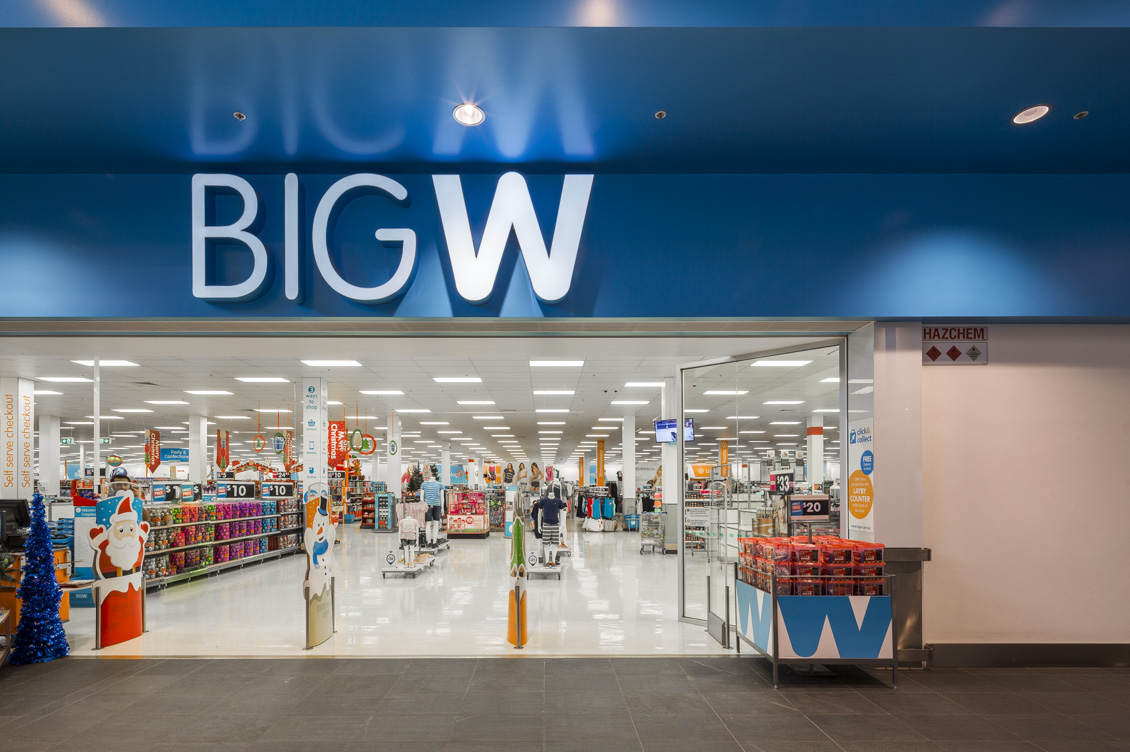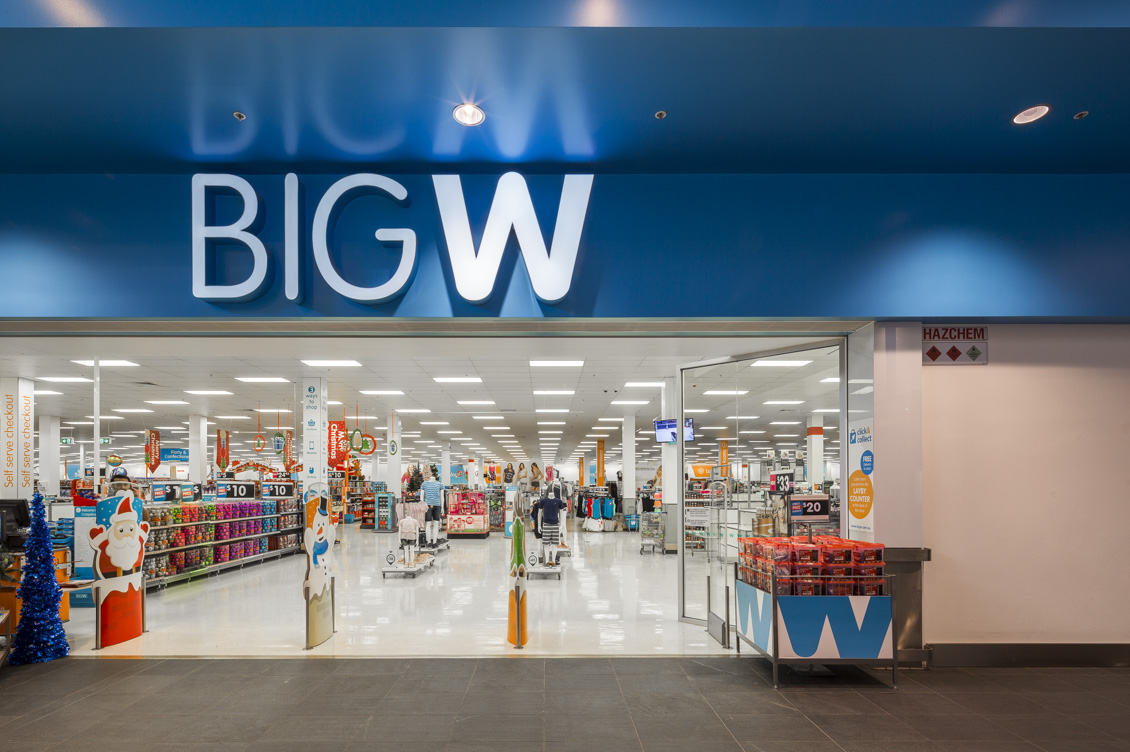On Wednesday, experts were advocating that Woolworths dump its struggling Masters business but today it’s the future of Big W under the spotlight. Magellan Financial Group founder Hamish Douglass, has weighed in on the performance of the mass merchant which was launched in 1976, describing both Masters and Big W as “albatrosses.”
 “If the numbers don’t stack up they should look at divesting and realising the property in the [Masters] business, so I think they just need a very hard nosed approach. In the long term we don’t see Big W fitting part of the Woolworths portfolio,” Douglass told a business lunch in Melbourne yesterday.
“If the numbers don’t stack up they should look at divesting and realising the property in the [Masters] business, so I think they just need a very hard nosed approach. In the long term we don’t see Big W fitting part of the Woolworths portfolio,” Douglass told a business lunch in Melbourne yesterday.
“They will deal with Big W and Masters, “Hopefully over the next 18 months, they will get those albatrosses off their plate,” he said.
This week, Woolworths and its home improvement partner Lowe’s Companies have injected another $90 million into Masters. This is the fourth capital injection this year. ASIC Documents reveal that the Hydrox Holdings joint venture issued 90 million new shares at $1 each – 60 million to Woolworths and 30 million to Lowe’s – on August 28. This was the same day that Woolworths revealed that losses from home improvement jumped 33% to $224.7 million in 2015.
Losses at Masters blew out from $176 million to $245 million, while profits at Home Timber and Hardware rebounded 198% to $20.9 million, boosted by recent acquisitions. Annual accounts lodged by Hydrox Holdings show that while revenues rose 22% to $1.87 billion in 2015 as Woolworths opened new Masters stores, the cost of sales rose at a similar rate and operating costs including administration and wages rose 24%, leading to mounting losses.
The joint venture has now lost $604 million over the last four years. Most analysts believe the business will not break even until 2020 at the earliest.
“If the numbers don’t stack up they should look at divesting and realising the property in the [Masters] business so I think they just need a very hard nosed approach. In the long term we don’t see Big W fitting part of the Woolworths portfolio,” Douglass added.
Analysts say sales per store would have to rise 50% to 100% before Masters stores broke even.
Masters is generating sales of less than $20 million a store, compared with estimated operating costs of $26 million a store, so losses have increased as more stores have opened.
Earlier this week, hardware consultant Geoff Dart, a director of DGC Advisory, said accumulated losses could reach $1.3 billion by 2020 unless Masters changed its format to focus on the home decoration and lifestyle market.

